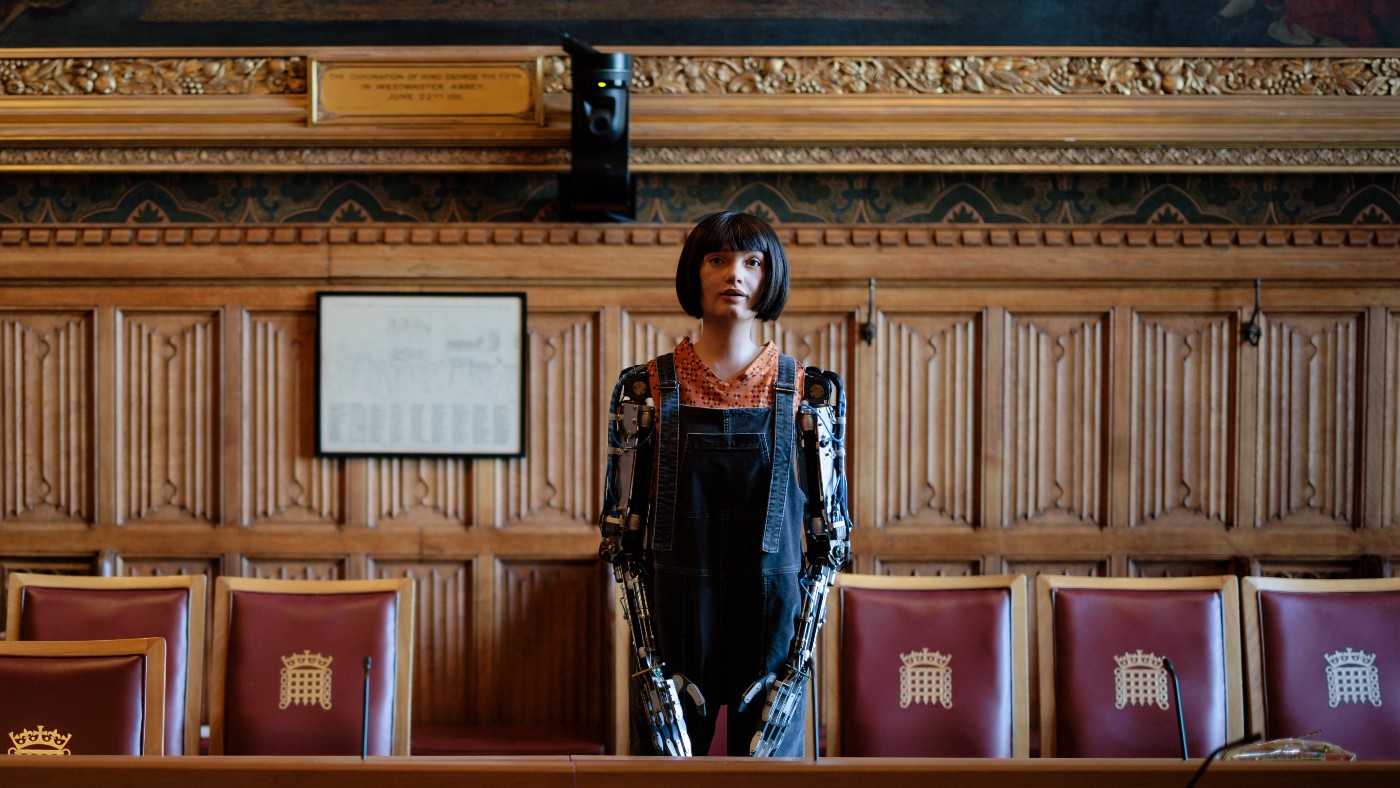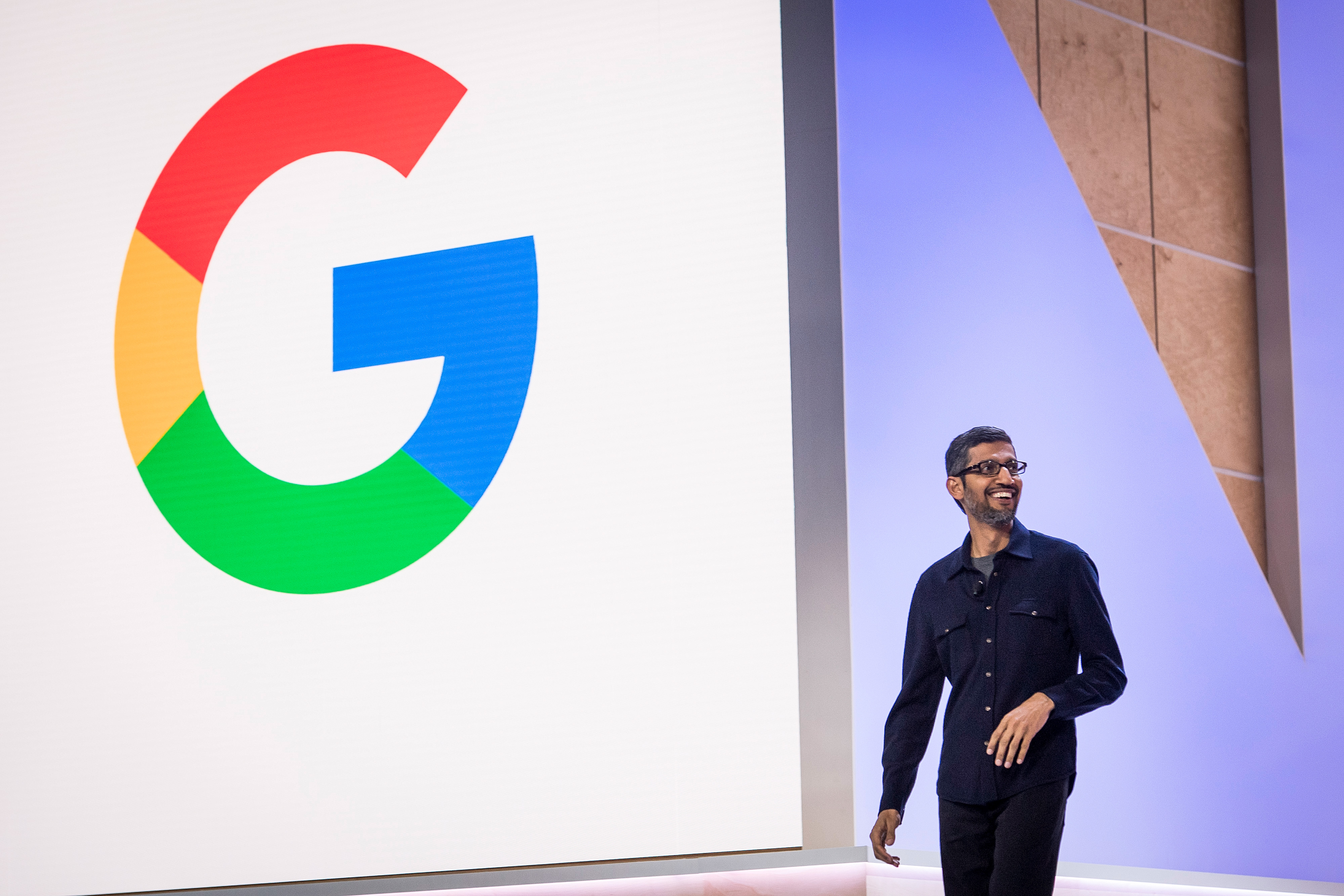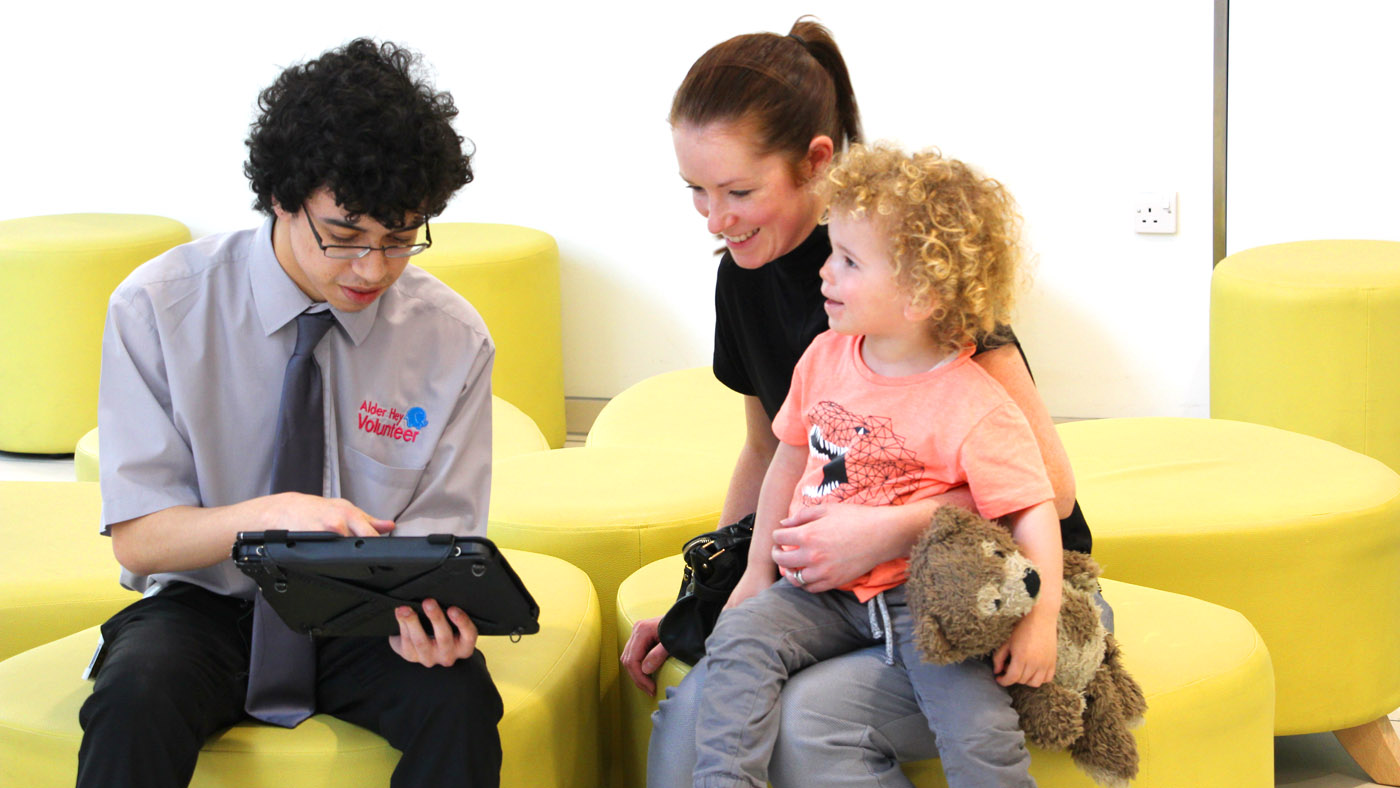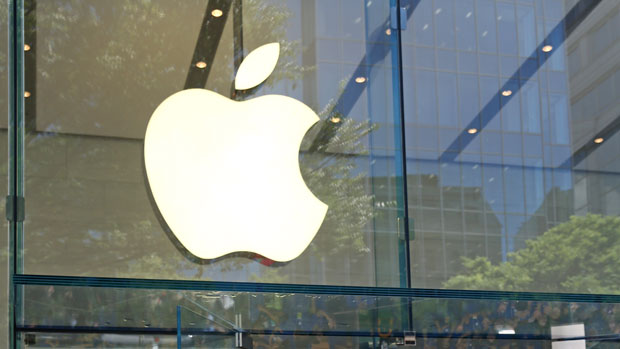Blockchain: Beyond bitcoin
The technology underpinning the cryptocurrency could have a range of business applications

A free daily email with the biggest news stories of the day – and the best features from TheWeek.com
You are now subscribed
Your newsletter sign-up was successful
Bitcoin stormed into the spotlight at the beginning of 2014 as the price of the "cryptocurrency" skyrocketed.
At one time it might have seemed we were witnessing the beginning of the end of conventional money, with all manner of dramatic implications for our financial institutions.
But things have calmed down since then and bitcoin has withdrawn from the public consciousness, not least in the wake of the collapse of what was by far its biggest exchange, MtGox.
The Week
Escape your echo chamber. Get the facts behind the news, plus analysis from multiple perspectives.

Sign up for The Week's Free Newsletters
From our morning news briefing to a weekly Good News Newsletter, get the best of The Week delivered directly to your inbox.
From our morning news briefing to a weekly Good News Newsletter, get the best of The Week delivered directly to your inbox.
In the background, though, a broader change could be taking place. Businesses have been looking at the technology behind bitcoin and thinking about the vast efficiencies it could bring to their processes.
Last month, banking giant Barclays did something totally unprecedented – and that you probably didn’t hear about.
The bank partnered with Israeli startup Wave to carry out what it claims was the world's first trade transaction using blockchain, the "distributed database" technology underpinning bitcoin.
The transaction, which guaranteed $100,000 worth of dairy products being exported from Ireland to the Seychelles, took less than four hours. In the days of instant banking that might seem like a long time, but it’s actually phenomenally short – normally such a deal takes seven to 10 working days to complete.
A free daily email with the biggest news stories of the day – and the best features from TheWeek.com
Blockchain is a permanent, immutable, decentralised ledger of transactions. A database is maintained and continually circulated by all of the parties involved, maintaining an ever-growing record of activity. For example, every bitcoin transaction ever conducted has been recorded on the blockchain.
As the database is stored over a network of computers it is extremely difficult to alter or erase. It can also be public, allowing anyone including governments or law enforcement agencies to view it.
One interesting application of the technology is Everledger, a permanent decentralised ledger recording the transaction history and certification of over 980,000 diamonds. Normally a diamond’s history would be full of various pieces of paper, which could be lost, stolen or forged.
With Everledger, a diamond’s entire supply chain and history is recorded in an accessible, linear and secure way.
Leanne Kemp, founder and chief executive officer of the company, says: “Blockchain has infinite possibilities but we’re still in the early stages of unlocking its potential. I envision the blockchain space evolving over the next 10 years similar to how we think about the web today; it will be the natural fabric of our everyday routine but not something we conspicuously think of day to day.
“We’ve started to see a natural movement in business to digitise records and implement smart contracts to expedite the movement of assets and process payments in a highly secured environment. Our business at Everledger focuses on protecting the provenance of an asset as it moves through the supply chain process by creating a permanent record of the item built on the highly-secure IBM blockchain business network.”
The idea of a “smart contract” is another tantalising possibility with blockchain.
Imagine a trade contract that could alter itself based on changing conditions. If a buyer agreed to purchase a certain amount of a given commodity as long as it didn’t fall below a certain price, a smart contract could manage this – changing the registered ownership of the asset if the price was right, and switching it back if necessary.
These kinds of paper-saving, cost-saving, ultra-efficient transactions are a mouth-watering prospect to gigantic banking institutions.
An example of the use of blockchain in retail banking is the recent collaboration between IBM and a French bank, which used a "permissioned blockchain" – which only recognises transactions from a verified list of parties – to bring together all its different customer identity management processes into one efficient record, including everything from mortgage applications to bank account opening.
In short, rather than having records spread across the business that would require a unique verification processes, blockchain brings all of this together. According to IBM, using blockchain in this way improves consistency, traceability and privacy of the information – necessary in such a highly regulated environment as banking.
But the benefits are about more than just efficiency: it hints at an evolved business model that enables the bank to sell a wider cross section of relevant products. Indeed, IBM forsees blockchain making its way not only into financial services, but also risk management, digital rights management, the internet of things, and even healthcare.
Kemp adds: “Blockchain as an environment allows industry to better engineer solutions for a variety of scenarios where trusted data and secure transactions are required. This will become increasingly important as the technology is used to facilitate communication between multiple stakeholders, from governments and citizens, to banks and customers.”
Find out more on the benefits of blockchain and how you can transform your business networks
Read how the IBM Cloud was designed to transform data into new insights and opportunities
-
 How the FCC’s ‘equal time’ rule works
How the FCC’s ‘equal time’ rule worksIn the Spotlight The law is at the heart of the Colbert-CBS conflict
-
 What is the endgame in the DHS shutdown?
What is the endgame in the DHS shutdown?Today’s Big Question Democrats want to rein in ICE’s immigration crackdown
-
 ‘Poor time management isn’t just an inconvenience’
‘Poor time management isn’t just an inconvenience’Instant Opinion Opinion, comment and editorials of the day
-
 AI job fears: how can we regulate the ‘rise of the robots’?
AI job fears: how can we regulate the ‘rise of the robots’?Today's Big Question Concern grows that ‘AI jobs bloodbath’ is underway as BT announces plan to shed 55,000 staff
-
 Has Google reached ‘quantum supremacy’?
Has Google reached ‘quantum supremacy’?In Depth IBM questions technology giant’s breakthrough in quantum computing
-
Project Debater: IBM builds robot that argues with humans
Speed Read Public debate between AI and humans ends in draw
-
 How the cloud gave a vintage car new life
How the cloud gave a vintage car new lifeIn Depth What began as a plan to keep track of a journey, ended up driving a 1933 touring car into the digital age
-
 How cognitive computing and cloud technology can improve our health and fitness
How cognitive computing and cloud technology can improve our health and fitnessIn Depth From medicine to athletics, IBM's cognitive, cloud-based technology is changing our understanding of the human body
-
 Ahead in the Cloud: How cloud computing is revolutionising retail
Ahead in the Cloud: How cloud computing is revolutionising retailIn Depth More than just a way to share files, businesses across the UK are waking up to the retail opportunities cloud computing can offer
-
 Why Apple is cosying up to former rival IBM
Why Apple is cosying up to former rival IBMIn Depth Apple and IBM's plan to co-produce apps will trouble rivals Microsoft, Google and Blackberry, say analysts